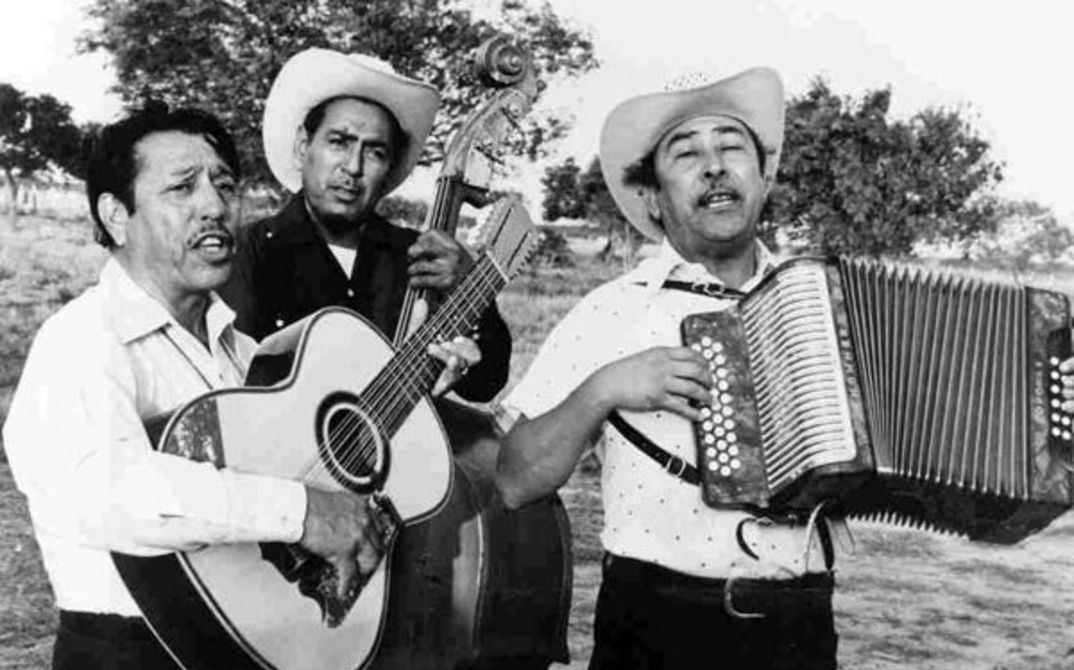This lecture series by Sabine Nessel is about questioning the relevance of archives for film historiographical research. By incorporating archival theories and concepts of concrete film archives, as well as by looking for archive particles in (film) historiographical positions, the relationship between film studies, the archive and difference gradually takes shape. SCHWITZKASTEN (John Cook, Austria 1978, 1.11.) shows the different stations in the everyday life of a worker in Vienna. The actors, all of whom non-professional, come from the same milieu they're portraying. René Allio's film MOI, PIERRE RIVIÈRE, AYANT ÉGORGÉ MA MÈRE, MA SOEUR ET MON FRÈRE (France 1976, 8.11.) is based on the dossier published by Michel Foucault about a legendary murder case in the history of law. Shot original locations with non-professional actors, the film is an archivological reenactment of the Foucault dossier. The dancers Bubbles and Judy in DANCE, GIRL, DANCE (Dorothy Arzner, USA 1940, 15.11.) couldn’t be more different. Rediscovered in the 70s, the film was read as a position of a feminist counter cinema. In DIZZY GILLESPIE (Les Blank, USA 1965, 22.11.), the famous trumpeter speaks about his understanding of jazz. Les Blank's usually collective works from the 60s and 70s are revealed as an archive of the musical (and food!) culture of Louisiana as well as of the Texan-Mexican border regions. THE BLUES ACCORDIN' TO LIGHTNIN' HOPKINS (USA 1968, 22.11.) shows Texan blues music as a culture of the street. GOD RESPECTS US WHEN WE WORK, BUT LOVES US WHEN WE DANCE (USA 1968, 22.11.) was created during the first big love-in in Los Angeles. Chulas Fronteras (USA 1976, 29.11.) with music by Lydia Mendoza, Flaco Jiménez, Los Alegres de Terán and Del Mero Corazón, (USA 1979, 29.11.) with performances by Little Joe & La Familia and Leo Garza are collaborations with Chris Strachwitz, founder of the record label Aarhoolie Records. The lecture series runs until February and is open to all those interested. (sn)



